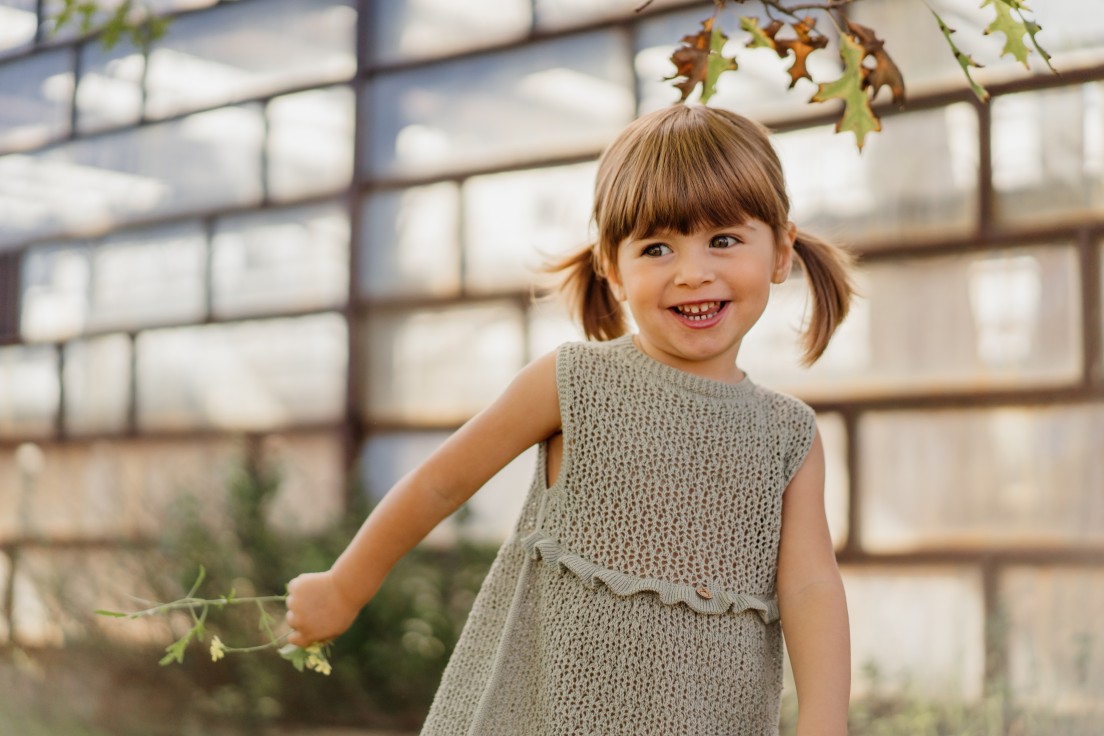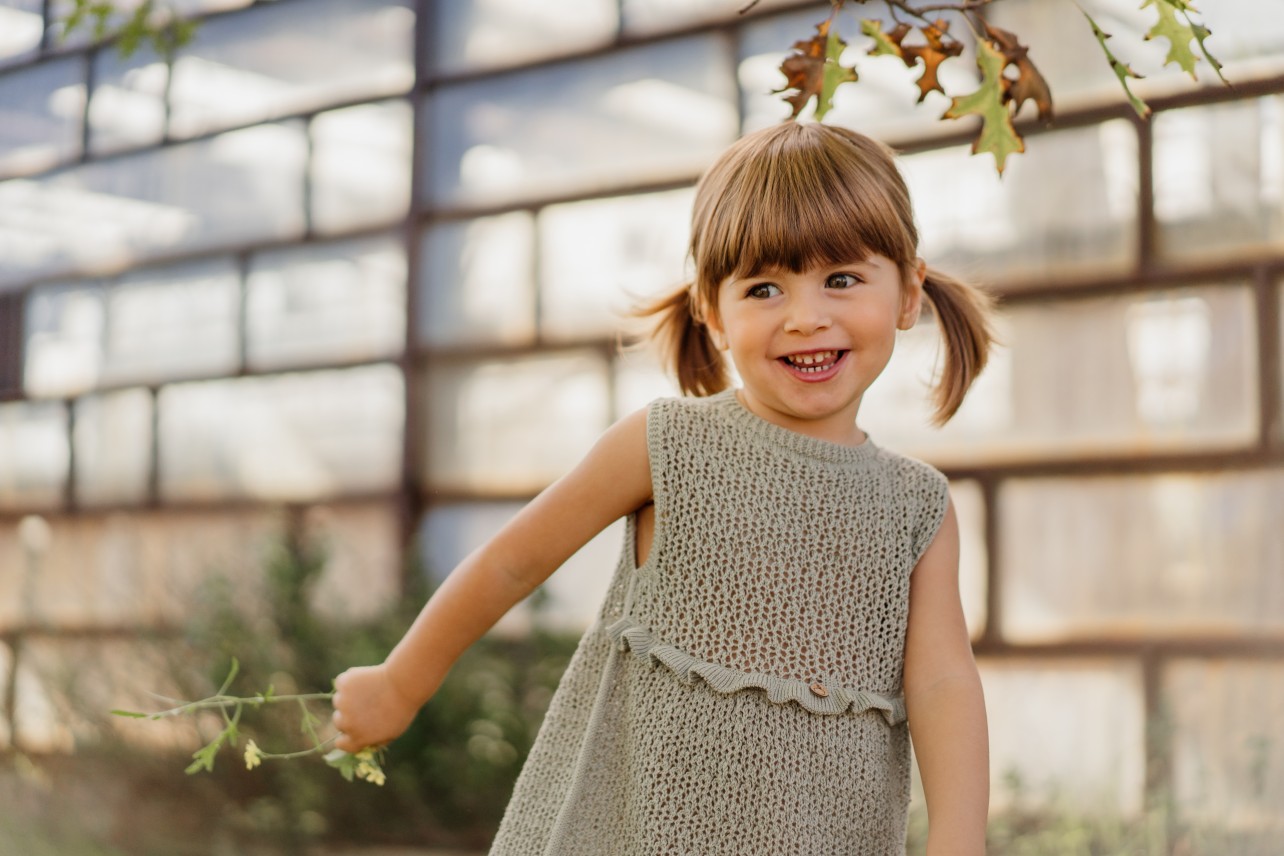On the blog, we're interested in the many ways and stages that babies experience throughout their growth and development.
In fact, if you think about it, the various phases a baby goes through can also differ if we talk about the baby's reaction, the duration of these phases and how they are overcome. It's all part of a process that suits each baby.
One thing we mustn't forget is all the emotions and feelings parents have during this period. It's a real rollercoaster of feelings, some that they already know and which become more intense, and others that they haven't experienced before.
We believe that these may be moments of insecurity, fear and tiredness due to the fact that they are dealing with something new or, if they have already dealt with the first baby, the second may have a different reaction, so they will approach the situation differently. Each baby is different, with its own particularities, personality and needs.
We must bear in mind that the child is growing and developing, and with this comes a natural dependence on their parents, as we are talking about a baby without any autonomy. Autonomy only begins to appear when the child begins to make discoveries and feels able and confident to move forward.
A child's autonomy and independence comes very much from the security they already have in doing something, eating a certain food, being in a place or with someone they are already familiar with. With these characteristics, there will be an evolution to other situations. As we've already mentioned on the blog, there are the first moments when our little one amazes us with something new they've learnt. However, the baby will start to realise what they can do, or at least start to try, and make it clear what they want.

At this stage, there are the well-known tantrums and contexts in which our little one has a particular ability to test our patience. He wants to do everything his way, "no" is his favourite word for anything his parents say to him, he's already taking his first steps and his personality is beginning to take shape. These are periods of great change and keeping up with each one of them requires parents to make a huge effort to stay in line, always allowing both parents and baby to get through these most challenging periods in the best possible way.
Today on the blog, we want to talk about another specific phase in our son or daughter's growth and development. Well, we wanted to understand the arrival of the age of 2. It's often said that this is the stage at which a baby reaches when he or she already has a considerable amount of independence, and that this autonomy allows him or her to do certain things.
We looked it up and found an expression with which we can start this topic - the "terrible twos" are just around the corner. It's an age when the child can already walk and talk, which helps to affirm that he or she is already an independent child with a well-developed willpower.
With such changes and evolutions in our son or daughter's behaviour, it's natural for many to have difficulties and be worried about trying to understand how they can best overcome these situations.
As we realise that these periods can be really challenging, we went looking for some tips that parents can put into practice. They are all focused on trying to avoid these situations and promote well-being for babies and parents:
- We should maintain a daily routine with regular meals, naps, playtimes and rest times, whenever possible;
- Try not to spend too long shopping, to avoid potential tantrums due to being bored;
- We should make sure that bedtime is as calm and consistent as possible;
- Give two simple choices - choose between a banana or an apple, for example;
- When a tantrum breaks out, try to distract the child - picking up a different toy they were playing with, a funny face or a sound that catches their attention can be opportunities to prevent a baby tantrum;
- If it's too late and you haven't managed to avoid the tantrum - giving the tantrum time to end is an option;
- We mustn't give in - there will be a next attempt by our son or daughter to achieve a certain result;
- When the tantrum is over, there needs to be a hug - this is a normal development phase for our baby, and they won't last forever;
- We must establish clear rules and ensure that they are followed;
- We should avoid saying "no" too often - we can rephrase our negative responses (e.g.: What if we try it this way?; After you've finished the soup, you can have the yoghurt you like so much):
- We should praise the child whenever they do things well and ignore them when they do them badly;
- We can give the child tasks that they can do on their own - tidying up after playtime, for example;
- Cuddles will be our best ally to prevent and end any tantrums - often children just want to feel safe and a little kiss or hug will be the best solution.
In today's posts, we've found these tips that we're sharing with you here, because they can be a great help in getting through this natural 2-year phase in children, but they can be a headache for parents.
However, we need to think positively. These are just phases. Above all, we want you to try to get through them calmly, avoiding any tantrums and, above all, letting your child realise that their parents will always be there for them and that they should respect them and their decisions.
What about you? How was your children's 2 year old phase? A lot of headaches or was it a calm period to deal with? We want to know your experience of what you consider to be our babies' terrible 2 years. We want to know your opinion.






